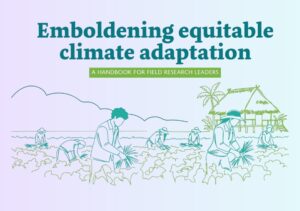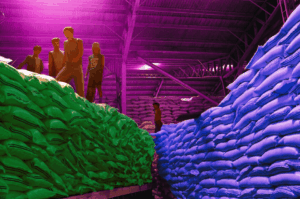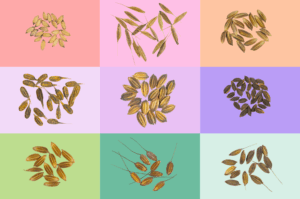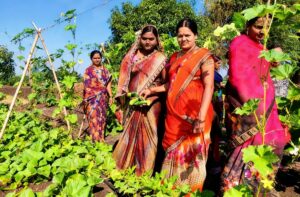The Nigerian Senate passed a bill seeking to establish the National Rice Development Council. The council is expected to lead to the comprehensive development of the rice sector to enhance local production of rice in the country and redcue its dependency on rice importation.
The council will oversee the transformation of activities of rice farmers, rice processors, millers, researchers, marketers, and other stakeholders across the entire rice value chain, particularly smallholder rice farmers and small-scale millers.
Read the full story at Nigerian Tribune
More on the Africa’s rice sector:
Tailoring rice varieties to consumer preferences induced by cultural and colonial heritage: Lessons from New Rice for Africa (NERICA) in The Gambia
Rice breeding priorities in Africa often focus on agronomic gains. However, being a net importer of rice, the continent’s varietal replacement success also crucially hinges on new varieties’ market competitiveness vis-à-vis imports.
Markets have been profoundly shaped by cultural and colonial heritage. Indigenous preferences for African rice can be traced back to ancient rice domestication and have been subsequently influenced by Asian rice import standards as a result of colonial import substitution policies.
Rice Technology Transfer Systems: A driving force for the development of rice production across Asia and Africa
The goal of the RRTS Workshop, which ran from 2002-2018, was to share relevant information, extend applicable components of Korean agriculture and technology that participants can apply in their home countries, and build the capacity of the participants for enhancing the agro-industry technology transfer system. Among other things, it also aimed to improve technology promotion and delivery of knowledge and skills to participants through various interactive and participatory learning methods.
This workshop has attracted researchers, agriculturists, agricultural research officers, extension practitioners, and provincial seed coordinators in their respective organizations and institutions from different Asian and African countries. These include Bangladesh, Cambodia, India, Indonesia, Laos, Mongolia, Myanmar, the Philippines, Sri Lanka, South Korea, Thailand, Vietnam, Côte d’Ivoire, and Nigeria.
Transforming agriculture in Southern Africa
This book provides a synthesis of the key issues and challenges facing agriculture and food production in Southern Africa. Southern Africa is facing numerous challenges from diverse issues such as agricultural transformations, growing populations, urbanization, and climate change.










